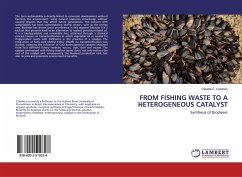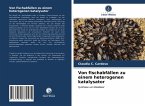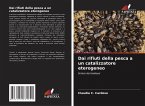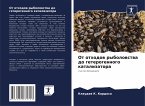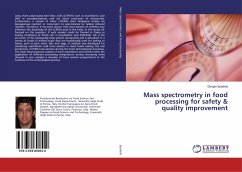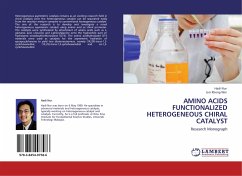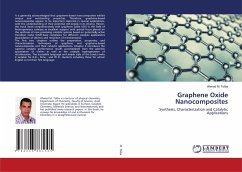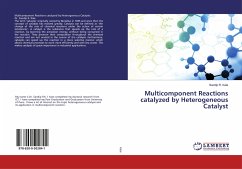The term sustainability is directly linked to economic development without harming the environment, using natural resources consciously, without causing impacts that may affect future generations. The concern with sustainability has been contemplating several sectors, such as the energy one. Biodiesel has shown great prominence in this segment because it is a biofuel that presents itself as an alternative to replace petroleum diesel oil. It is a biodegradable and renewable fuel, obtained through a chemical process known as transesterification in which vegetable oil or animal fat (triglycerides) reacts with methanol, in the presence of a catalyst. The production of Fatty Acid Methyl Esther (FAME) via transesterification was studied, assessing the influence of CaO heterogeneous catalysts obtained from four different fishery residues: sururu, crab, clam and mussel. The catalyst synthesized with fishery residues opens doors not only reduces the cost of the catalyst and, consequently,the biodiesel production cost, but also recycles and promotes environmental benefits.
Bitte wählen Sie Ihr Anliegen aus.
Rechnungen
Retourenschein anfordern
Bestellstatus
Storno

